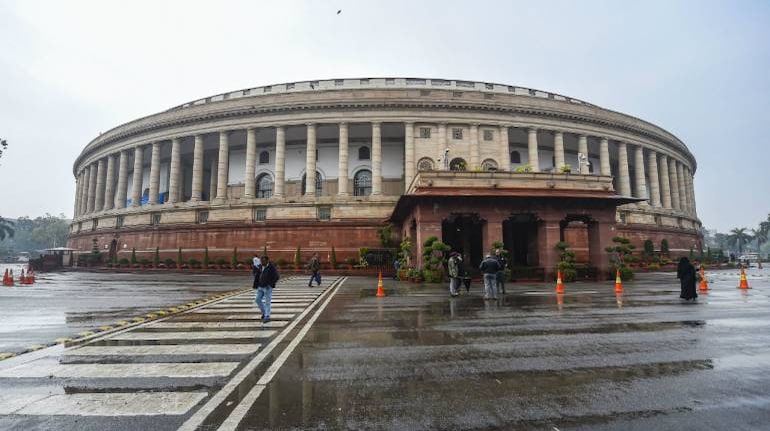
Bill introduced in Lok Sabha to reduce salaries of MPs by 30% to fund fight against COVID-19
The bill was introduced to replace the Salary, Allowances and Pension of Members of Parliament (Amendment) Ordinance.
by Moneycontrol NewsParliamentary Affairs Minister Pralhad Joshi introduced Salary, Allowance and Pension for Members of the Parliament Bill in the Lok Sabha on September 14.
The bill was introduced to replace the Salary, Allowances and Pension of Members of Parliament (Amendment) Ordinance. The ordinance was cleared by the Union Cabinet on April 6 and promulgated on April 7.
The ordinance had come into force to amend a law to reduce the salaries of Members of Parliament by 30 percent for one year "to meet the exigencies arising out of COVID-19 pandemic". It inserted a new sub-section in the Salary, Allowances and Pension of Members of Parliament Act 1954 to give effect to reduction in salaries.
The ordinance stated that the coronavirus pandemic has shown the importance of expeditious relief and assistance and therefore, it is necessary to take "certain emergency measures to prevent and contain the spread of this pandemic".
COVID-19 Vaccine
Frequently Asked Questions
View more
How does a vaccine work?
A vaccine works by mimicking a natural infection. A vaccine not only induces immune response to protect people from any future COVID-19 infection, but also helps quickly build herd immunity to put an end to the pandemic. Herd immunity occurs when a sufficient percentage of a population becomes immune to a disease, making the spread of disease from person to person unlikely. The good news is that SARS-CoV-2 virus has been fairly stable, which increases the viability of a vaccine.
How many types of vaccines are there?
There are broadly four types of vaccine — one, a vaccine based on the whole virus (this could be either inactivated, or an attenuated [weakened] virus vaccine); two, a non-replicating viral vector vaccine that uses a benign virus as vector that carries the antigen of SARS-CoV; three, nucleic-acid vaccines that have genetic material like DNA and RNA of antigens like spike protein given to a person, helping human cells decode genetic material and produce the vaccine; and four, protein subunit vaccine wherein the recombinant proteins of SARS-COV-2 along with an adjuvant (booster) is given as a vaccine.
What does it take to develop a vaccine of this kind?
Vaccine development is a long, complex process. Unlike drugs that are given to people with a diseased, vaccines are given to healthy people and also vulnerable sections such as children, pregnant women and the elderly. So rigorous tests are compulsory. History says that the fastest time it took to develop a vaccine is five years, but it usually takes double or sometimes triple that time.
"... In order to manage and control such situation, it has become necessary to raise resources by reduction of salaries and allowances of Members of Parliament...," the ordinance said.
After the ordinance came into effect, the MPs will get a salary of Rs 70,000 per month from a salary of Rs 1 lakh.
With regard to allowances, according to the orders, the Joint Committee of Parliament in consultation with the government recommended a 30 percent cut in Constituency Allowance of Rs 70,000 per month of each MP, which comes to Rs 21,000 per month.